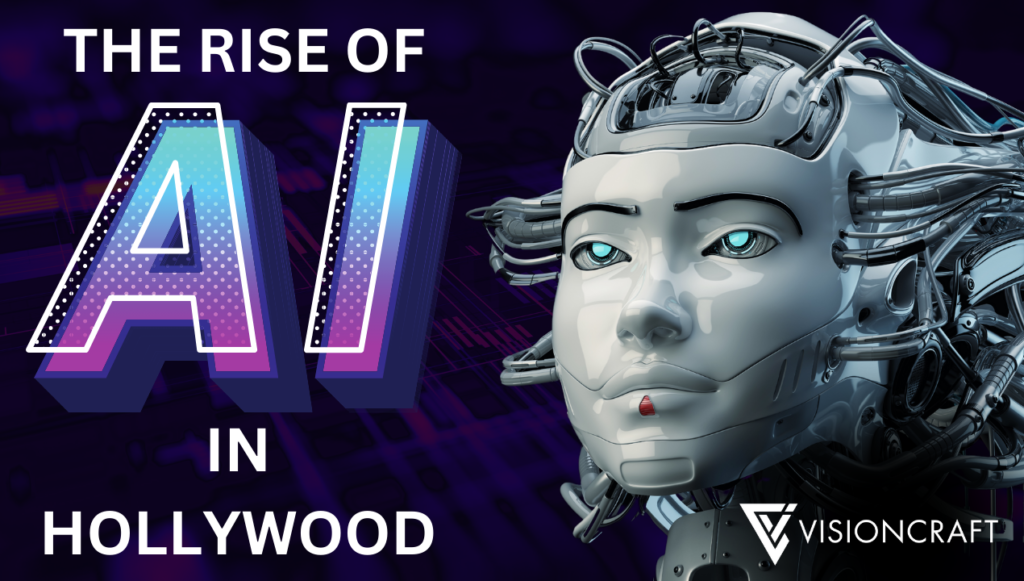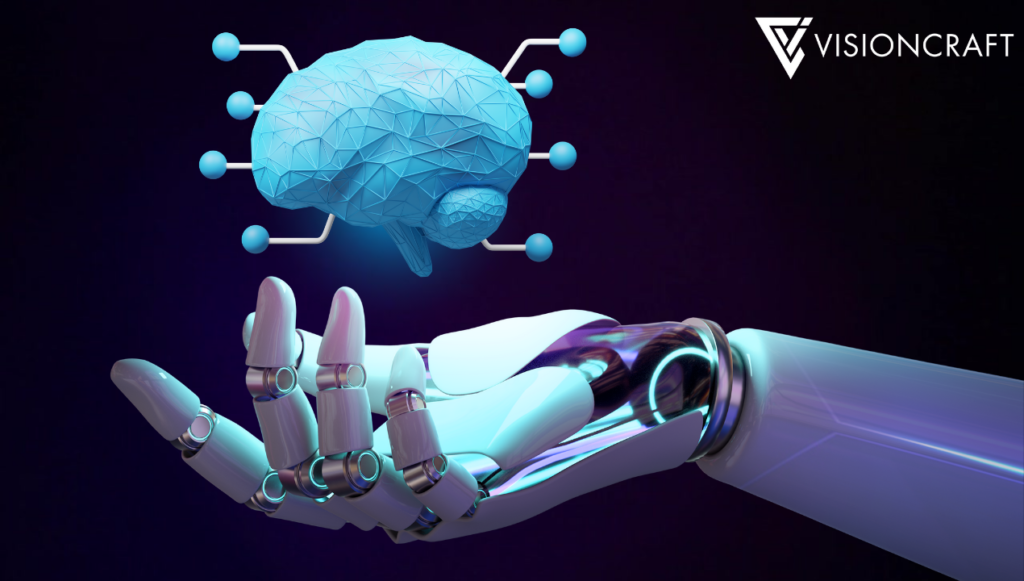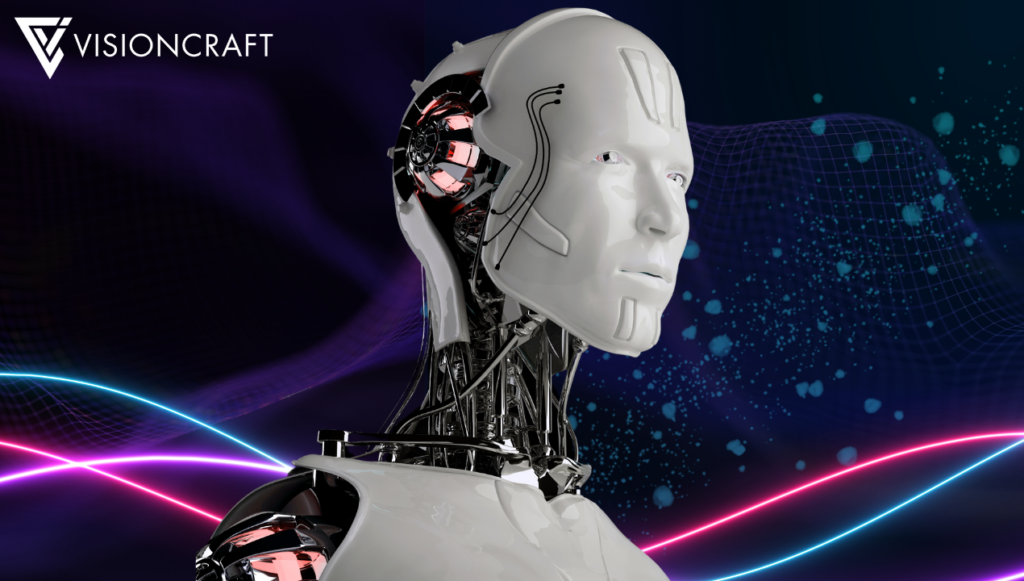
The rapid advancement of artificial intelligence (AI) has sparked intense debates across various industries, and Hollywood is no exception. While AI has made significant strides in content creation, there is a consensus that AI-generated scripts cannot match the quality and emotional depth that audiences expect from human storytelling. VisionCraft, a leader in helping entrepreneurs craft their branding, understands the irreplaceable value of human creativity and ingenuity. In this article, we explore the role of AI in Hollywood, the limitations of AI-generated content, and why human creativity remains the cornerstone of impactful storytelling.
The Promise and Perils of AI in Hollywood
AI’s potential to revolutionize content creation in Hollywood has been both celebrated and scrutinized. On one hand, AI can analyze vast amounts of data, recognize patterns, and generate content quickly. This capability has led to the development of AI tools that assist in scriptwriting, character development, and even predicting box office success. For instance, AI algorithms can analyze past film scripts, identify successful plot structures, and generate new story ideas based on these patterns.
However, the promise of AI in Hollywood comes with significant caveats. Despite its impressive capabilities, AI lacks the intrinsic qualities that define human creativity—empathy, intuition, and emotional depth. These qualities are essential for crafting stories that resonate with audiences on a profound level. VisionCraft recognizes that while AI can assist in content creation, it cannot replicate the nuanced and deeply human aspects of storytelling that captivate and move audiences.
The Human Touch: Why AI-Generated Scripts Fall Short
One of the most vocal critics of AI in Hollywood is filmmaker James Cameron. He argues that AI-generated scripts, created by disembodied AI minds regurgitating existing content, cannot evoke the same emotional response as those crafted by human writers. Cameron’s perspective highlights a fundamental truth about storytelling: it is an inherently human activity, rooted in our experiences, emotions, and imagination.
Human writers draw from their own lives, cultural contexts, and unique perspectives to create stories that are rich in complexity and authenticity. This depth of experience and understanding is something AI cannot replicate. AI-generated scripts often lack the subtlety and nuance that come from a writer’s personal insights and emotional intelligence. As a result, these scripts can feel formulaic and devoid of the genuine human touch that makes a story truly compelling.

VisionCraft: Championing Human Creativity in Branding
At VisionCraft, we understand the power of storytelling and its critical role in effective branding. Our work with entrepreneurs involves crafting narratives that not only communicate their brand’s message but also connect with their audience on an emotional level. We believe that the magic of human storytelling is irreplaceable, and this belief guides our approach to branding and content creation.
Our team at VisionCraft combines creative expertise with strategic thinking to help entrepreneurs develop authentic and impactful brands. We leverage the latest technologies, including AI, to enhance our processes, but we never lose sight of the importance of human creativity. By integrating AI tools with human insight, we ensure that our clients’ brands stand out in a crowded marketplace, resonating deeply with their target audience.
The Limitations of AI in Storytelling
AI’s limitations in storytelling are evident in several key areas:
1. Lack of Emotional Intelligence: AI can process and analyze data, but it cannot feel emotions. Emotional intelligence is crucial for understanding characters’ motivations and crafting dialogues that reflect authentic human interactions.
2. Inability to Innovate: AI relies on existing data to generate content. While it can identify patterns and trends, it cannot innovate or think outside the box in the same way humans can. True innovation in storytelling comes from human creativity and the ability to see beyond the obvious.
3. Cultural and Contextual Understanding: Human stories are deeply rooted in cultural and social contexts. AI lacks the ability to fully grasp these nuances, which can lead to content that feels out of touch or inauthentic.
4. Ethical Considerations: AI-generated content can raise ethical concerns, particularly around originality and authorship. Human writers bring their unique voices and perspectives to their work, ensuring that each story is a genuine expression of their creativity.
The Role of AI in Enhancing Human Creativity
While AI may not be able to replace human creativity, it can play a valuable role in enhancing it. At VisionCraft, we use AI as a tool to support our creative processes. For example, AI can assist in market research, analyzing consumer behavior, and identifying emerging trends. This information helps us craft more targeted and effective branding strategies for our clients.
AI can also streamline certain aspects of content creation, allowing our team to focus on the more creative and strategic elements of storytelling. By automating repetitive tasks and providing data-driven insights, AI enables us to work more efficiently and effectively. This synergy between human creativity and AI technology ensures that our clients receive the best of both worlds.

VisionCraft’s Commitment to Human-Centered Branding
At VisionCraft, we are committed to maintaining the human element in everything we do. We believe that successful branding goes beyond logos and taglines; it involves telling a story that resonates with people on a personal level. Our approach is grounded in the understanding that human creativity, empathy, and intuition are irreplaceable assets in crafting powerful narratives.
We work closely with our clients to understand their vision, values, and unique stories. This collaborative process ensures that the brands we create are not only visually appealing but also deeply meaningful. By leveraging AI tools to enhance our creative capabilities, we deliver branding solutions that are both innovative and authentic.
The Future of Storytelling: A Collaborative Approach
As AI continues to evolve, its role in Hollywood and other creative industries will undoubtedly grow. However, the future of storytelling lies in a collaborative approach that combines the strengths of AI with the irreplaceable qualities of human creativity. VisionCraft is at the forefront of this movement, championing the integration of technology and human insight to create impactful and resonant stories.
We believe that AI can enhance the creative process, providing valuable tools and insights that support human storytellers. However, the heart of storytelling will always be human. Our experiences, emotions, and imaginations are what make stories come alive, touching the hearts and minds of audiences around the world.
Conclusion: Embracing the Human Element
The rise of AI in Hollywood has sparked important conversations about the future of storytelling. While AI has the potential to enhance content creation, it cannot replace the magic of human creativity. VisionCraft understands the irreplaceable value of human storytelling and is dedicated to helping entrepreneurs harness this power to craft their branding.
By combining AI technology with human insight, we create branding solutions that are both innovative and authentic. Our commitment to maintaining the human element ensures that our clients’ brands resonate deeply with their audiences, making a lasting impact.
As we move forward, VisionCraft will continue to champion the integration of technology and human creativity, ensuring that the future of storytelling remains vibrant, meaningful, and profoundly human.
“It’s all about people skills and networking and that is what we offer.” – Alycia Kaback


Recent Comments